THEME: #GenerationRestoration
World Environment Day 2021 calls for urgent action to revive our damaged ecosystems.
From forests to peatlands to coasts, we all depend on healthy ecosystems for our survival. Ecosystems are defined as the interaction between living organisms - plants, animals, people - with their surroundings. This includes nature, but also human-made systems such as cities or farms.
RATES OF DESTRUCTION
We are losing and destroying the foundations of our survival at an alarming rate.
Over 4.7 million hectares of forests – an area larger than Denmark – are lost every year. That’s one football pitch every three seconds. Over half of the world’s wetlands have disappeared in the last century.
Ecosystem loss is depriving the world of carbon sinks, like forests and peatlands, at a time humanity can least afford it. Global greenhouse gas emissions have grown for three consecutive years and the planet is one pace for potentially catastrophic climate change.
The emergence of COVID-19 has also shown just how disastrous the consequences of ecosystem loss can be. By shrinking the area of natural habitat for animals, we have created ideal conditions for pathogens – including coronaviruses – to spread.
But we can build back better.
SOLUTIONS
Ecosystem restoration is a global undertaking at massive scale. It means repairing billions of hectares of land – an area greater than China or the USA – so that people have access to food, clean water and jobs.
It means bringing back plants and animals from the brink of extinction, from the peaks of mountains to the depths of the sea.
But it also includes the many small actions everyone can take, every day: growing trees, greening our cities, rewilding our gardens or cleaning up trash alongside rivers and coasts.
URGENCY TO ACT
World Environment Day 2021 will see the launch of the UN Decade on Ecosystem Restoration: A global rallying cry for everyone – from governments to corporations and citizens – to do their part in healing our ailing planet.
While a decade sounds like a long time, it is these next 10 years that scientists tell us matter most in preventing catastrophic climate change and bending the curve on biodiversity loss.
The timeline also overlaps with the UN Decade of Action to achieve the Sustainable Development Goals by 2030. Ecosystems are our lifeline and underpin all 17 goals.
HOST COUNTRY
In one of the world’s most ambitious afforestation efforts, Pakistan plans to expand and restore forests across the country through a drive it calls the 10 Billion Tree Tsunami. The campaign includes restoring mangroves and other forests, as well as planting trees in urban settings, including schools, colleges, public parks and green belts.
To finance restoration efforts, Pakistan has launched the Eco-System Restoration Fund. It will support nature-based solutions to climate change while encouraging conservation.
In a bid to boost both nature and the economy, Pakistan is also developing 15 protected areas across the country, with an eye towards conserving over 7,300 square-kilometres of land. It has also unveiled a green stimulus package designed to create over 285,000 sustainable jobs.

